Introduction

Why to buy it?
- Refined and peppy engine
- Extremely fuel-efficient
- Affordable pricing
Why to avoid it?
- Tight fit for taller riders
- Could get better ride quality
- Misses out on dual-channel ABS
The Yamaha MT 15 needs no real introduction, but let’s give you a little back story to jog your memory. So, the MT 15 was launched in India in 2019 as a city-friendly alternative to the ever-popular and particularly track-focused R15 V3 which proved its performance and handling mettle time and again. Over the years, even the sales numbers for the MT 15 presented a strong case with figures higher than its biggest rival, the KTM 125 Duke.
Now, when Yamaha launched the R15 V4 with snazzy updates, the MT 15 was sure to follow suit. And here it is, in its second generation — the MT 15 Version 2.0. What all has changed? Does it offer even more value for money now? We find out here.…
Styling & Quality

The biggest visual difference on the Yamaha MT 15 Version 2.0 is the snazzy paint options. What you see here is the Cyan Storm colour that is very similar to the one Yamaha offers in international markets. This colour might be flashy but is equally refreshing and in-tune with its target consumers. Well, if the Cyan paint does not appeal to you, or the Ice Vermillion is too loud, there is the choice of two other colours — Metallic Black and Racing Blue that are comparatively subtle.

But apart from the new colours, Yamaha hasn’t gone back to the drawing board to change the design which remains the same as before. Given that the R15 V4 received a cosmetic update that made it look similar to the R7 and R1, we expected the MT 15 to walk a similar path.

A styling inspired by the new and even-more radical-looking MT-09 would have been interesting to look at. Nonetheless, Yamaha has made minute improvements to the quality and fitments. There are hardly any panel gaps, the switchgear feels nice and tactile, and the plastics are well finished too.
Ergonomics & Comfort

So, the rider would sit on the MT 15 in traditional streetfighter fashion. You’d be upright, your arms wide, and your feet slightly rear set. The seat height is a low 810mm, making it easy to flat-foot and appealing to shorter or newer riders as well. Overall, this riding position offers the utmost comfort within the confines of the city. But then, it’s all good until you realize this is probably the only comfortable riding position on the MT.

Although the seat in itself is well cushioned and stretches down while offering good thigh support, there isn’t much space to move around. And if you crouch, you’d find your head over the instrument cluster and your body in an ungainly position. The pillion seat also has a similar story. Cushioned well but feels cramped in length and breadth and would be a tight fit for any pillion, irrespective of their size.

The other thing that could be better on the MT 15 is its ride. With a stiff suspension setup, even the smallest of undulations and bumps are prominently felt. On the larger bumps and speed breakers, the MT 15 would even kick you off the saddle. Even adding a nearly 70kg pillion had little to no effect on the damping. While the stiffness does enable the MT 15 to be a good handling motorcycle, this kind of setup suits the track-focused R15 better than an everyday, city-friendly motorcycle like the MT 15.
Performance & Handling

In terms of its engine specs, the MT 15 Version 2.0 remains majorly the same. The tried-and-tested 155cc, single-cylinder, liquid-cooled engine with Variable Valve Actuation technology continues. However, the output is slightly different from the previous model. The power has gone down from 18.23bhp to 18.14bhp on Version 2.0. However, the torque has been bumped up by 0.2Nm and now stands at 14.1Nm. Although out in the real world, this change is hardly noticeable. It does feel a bit held back up to 3,500-4,000rpm, after which the MT 15 lets loose if you wring the throttle hard. The VVA kicks in at around 7,000rpm and propels the bike to its redline at 10,000rpm.

That said, Yamaha has sacrificed its top speed for a better mid-range and fuel efficiency. Unlike the previous-gen MT 15’s top speed of 130kmph, the new one begins to feel strained at 122kmph. However, the motor remains refined and mostly vibe-free throughout. A few tingles of vibrations do emanate at 100kmph, but nothing too annoying.
What impressed me more was the tractability the MT 15 offers despite being a high-revving engine. It can trundle as low as 22kmph in sixth gear with not a shudder or complaint, making it highly convenient in the city. Further, the MT 15 also offers an incredibly light clutch pull and effortless shifts, thanks to the assist and slipper clutch which is a complete delight to use.

Additionally, the MT 15 Version 2.0 also has new and improved agility. While the previous-gen had commendable handling, it seemed to lack somewhere with its conventional forks and box-type swingarm. Hence, for the new model, Yamaha has equipped the MT 15 with upside-down forks and an aluminium swingarm which is the same as the one on the R15 V4.

Now, it feels seamless while switching sides. Having tested the previous MT 15, I remember the front and rear feeling a bit disconnected. However, that’s not the case with the MT 15 Version 2.0. It’s more intuitive and invokes much more confidence while leaning into corners, thus offering a better front-end feel and stability than before. The new setup has the MT 15 feeling more agile and nimble as well. Lest we forget, its compact size just adds to the convenience.
Features & Technology

In terms of features, the MT 15’s list is decent and on par with the competition. You get LED DRLs and an LED projector headlamp as standard. The throw from the unit is alright but the spread could improve — something we pointed out on the last model too.

That said, the MT 15 Version 2.0’s instrument cluster is now Bluetooth enabled and can display call and text alerts. However, we’d have appreciated the inclusion of dual-channel ABS with Version 2.0, considering the performance the bike offers.
Fuel Efficiency

On our test route, the MT 15 Version 2.0 returned a fuel efficiency of 53kmpl, which is brilliant for a high-revving motor that also offers peppy and engaging performance. With a fuel tank capacity of 10-litres, the MT 15 Version 2.0 can run for around 530km in a single full tank. Considering the incessantly rising fuel costs, this makes the MT 15 even more desirable in our opinion.
Should you buy it?

With everything said, the MT 15 Version 2.0’s pros outweigh its cons. It also comes at a competitive Rs 1.60 lakh price tag that is well under the KTM 125 Duke retailing at Rs 1.70 lakh. At this price point, the Yamaha is so much more attractive, especially since it offers more features, looks fresher, and is more powerful too!

It also gets an extremely refined and frugal motor that has engaging performance and nimble handling to entertain you in city traffic. However, if you are someone on the taller side, frequently have a pillion to ride with, or would choose comfort over a sporty ride, you should look elsewhere or maybe consider the Yamaha FZ25 which has more space and better ride quality. That said, as part of the update, Yamaha could have equipped the MT 15 Version 2.0 with a dual-channel ABS, a more pliant suspension setup, and a more informative instrument cluster to complete the package.
Photography by Kaustubh Gandhi
Gallery
1/44
Yamaha MT 15 V2 Tail Light
Double Tap to Zoom











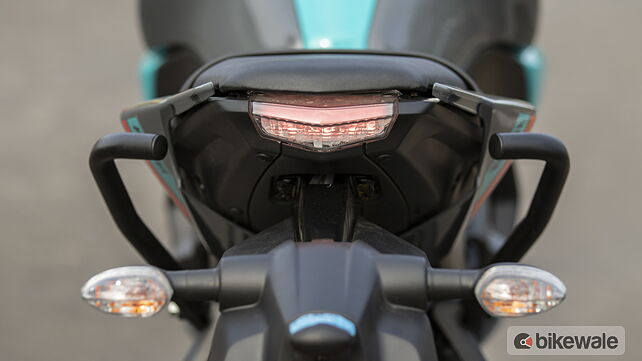














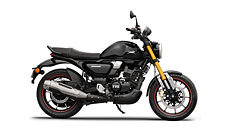
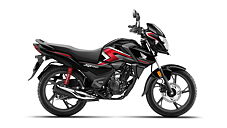
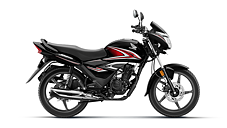

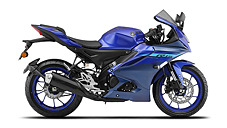
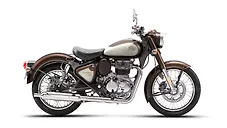
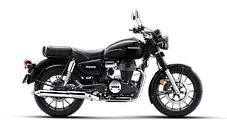
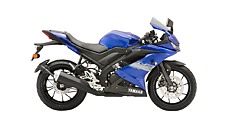
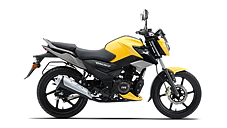
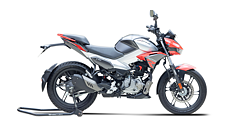
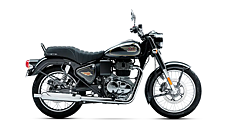
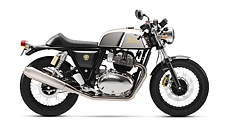
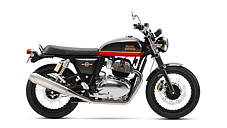
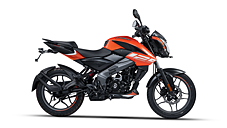


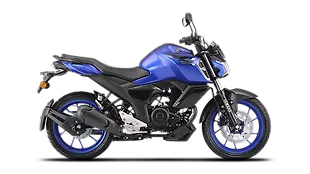



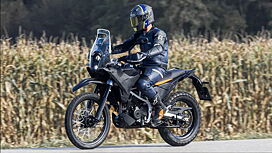
![KTM 390 Adventure X [2025] KTM 390 Adventure X [2025]](https://imgd.aeplcdn.com/272x153/n/cw/ec/190885/390-adventure-x-2025-right-side-view.jpeg?isig=0&q=80)